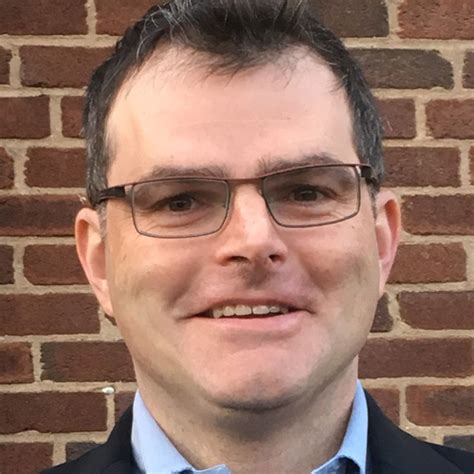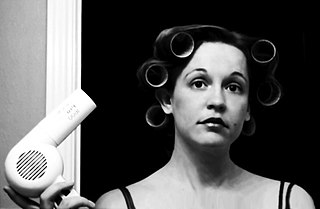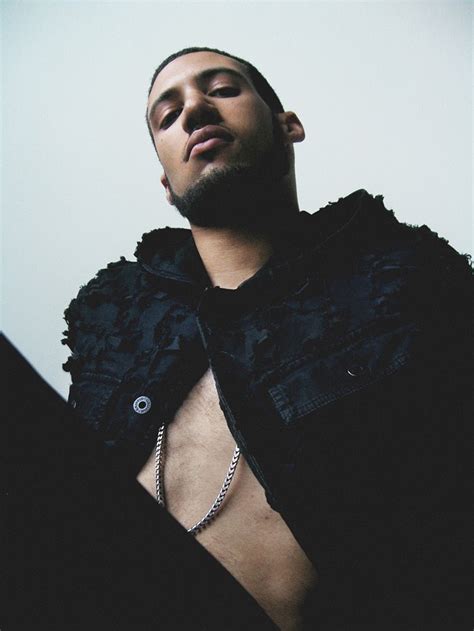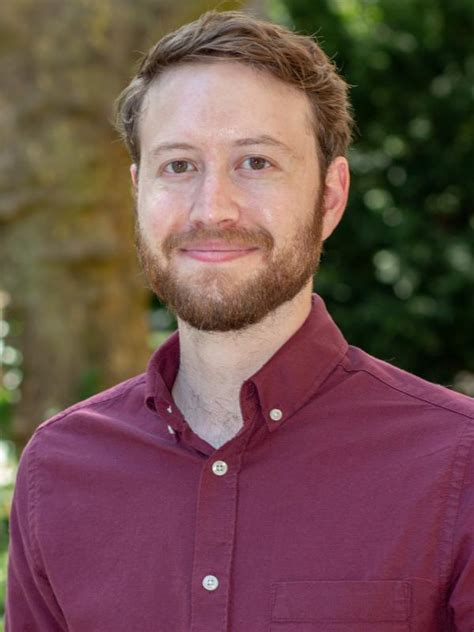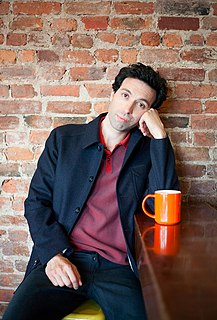A Quote by Scott Stossel
Generally speaking, the anxiety will pass, which is easy for me to say when I'm not in the middle of an anxiety attack. When you're in the throes of one, it's hard to feel anything other than utter misery and terror.
Related Quotes
Surveillant anxiety is always a conjoined twin: The anxiety of those surveilled is deeply connected to the anxiety of the surveillers. But the anxiety of the surveillers is generally hard to see; it's hidden in classified documents and delivered in highly coded languages in front of Senate committees.
My first album deals with my anxiety. It wasn't like, to heal my anxiety and by writing an album I'm now healed. It was, here's a sound representation of what it feels like to be in an anxiety attack and that's it. I think we can say the same with image, people look at an image and see a billion different things.
Anxiety is so pervasive in my work, it's like it's not even a thing because it's always there. Like air. I have to work through a layer of anxiety to get to anything else. It's embarrassing to me when people point out to me all the anxiety I portray in my work. I don't ever want to write about anxiety again but it'd be like leaving a huge gap in the picture.
No grand inquisitor has in readiness such terrible tortures as has anxiety and no spy knows how to attack more artfully the man he suspects, choosing the instant when he is weakest; nor knows how to lay traps where he will be caught and ensnared as anxiety knows how, and no sharp-witted judge knows how to interrogate, to examine the accused, as anxiety does, which never lets him escape.
Meditation did not relieve me of my anxiety so much as flesh it out. It took my anxious response to the world, about which I felt a lot of confusion and shame, and let me understand it more completely. Perhaps the best way to phrase it is to say that meditation showed me that the other side of anxiety is desire. They exist in relationship to each other, not independently.
Rational anxiety is when you're aware of the source of your anxiety. Like, if I have to host an award show or talk to millions of people on the radio, I'm going to feel anxious, and I know why. Irrational anxiety is when I'm leaving CVS, and there's a car behind me, and I'm wondering if he's following me home.
That sometimes human beings have to just sit in one place and, like, hurt. That you will become way less concerned with what other people think of you when you realize how seldom they do. That there is such a thing as raw, unalloyed, agendaless kindness. That it is possible to fall asleep during an anxiety attack. That concentrating on anything is very hard work.
The presence of anxiety is unavoidable, but the prison of anxiety is optional. Anxiety is not a sin; it's an emotion. So don't be anxious about feeling anxious. Anxiety can, however, lead to sinful behavior. When we numb our fears with six-packs or food binges, when we spew anger like Krakatau, when we peddle our fears to anyone who will buy them, we're sinning.
I do have commitment phobia, which I think is underlied by death anxiety. I feel that if you are in a relationship, there is a real genuine possibility of plateauing, and there is a possibility for a creative, emotional and spiritual death because of it. Only part of me feels this way, but it's enough to create an anxiety which makes me think twice before committing.
In the end, I feel that one has to have a bit of neurosis to go on being an artist. A balanced human seldom produces art. It's that imbalance which impels us. I often think that all I want to do now is to avoid suicide, accidental or otherwise. Other than that, I think living on the edge is what drives my work and me beyond a certain point. The artist lives with anxiety. When you finally reach a plateau of achievement, there comes a new anxiety - the hunger to push on still further. That angst is what makes you go forward.
